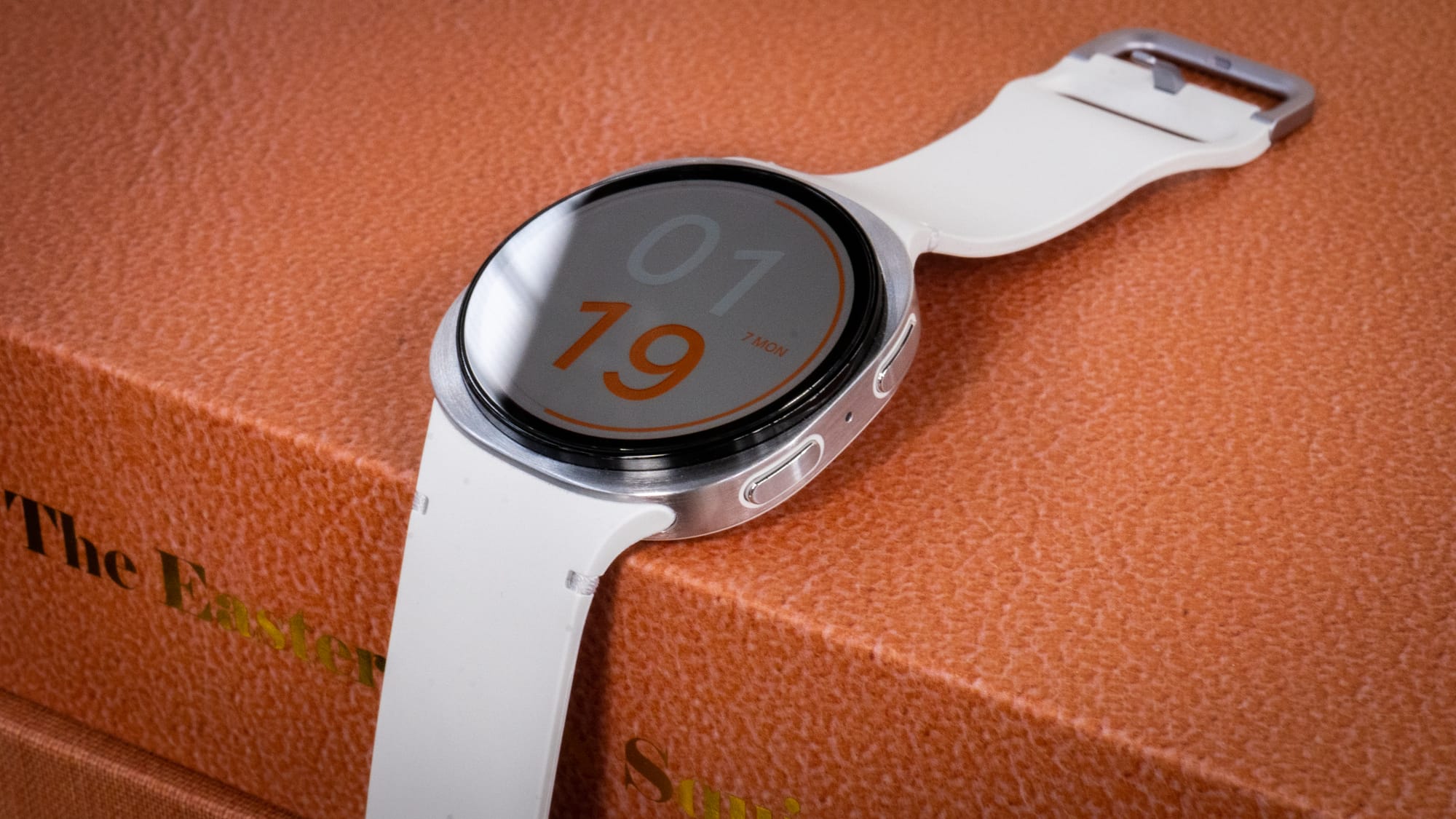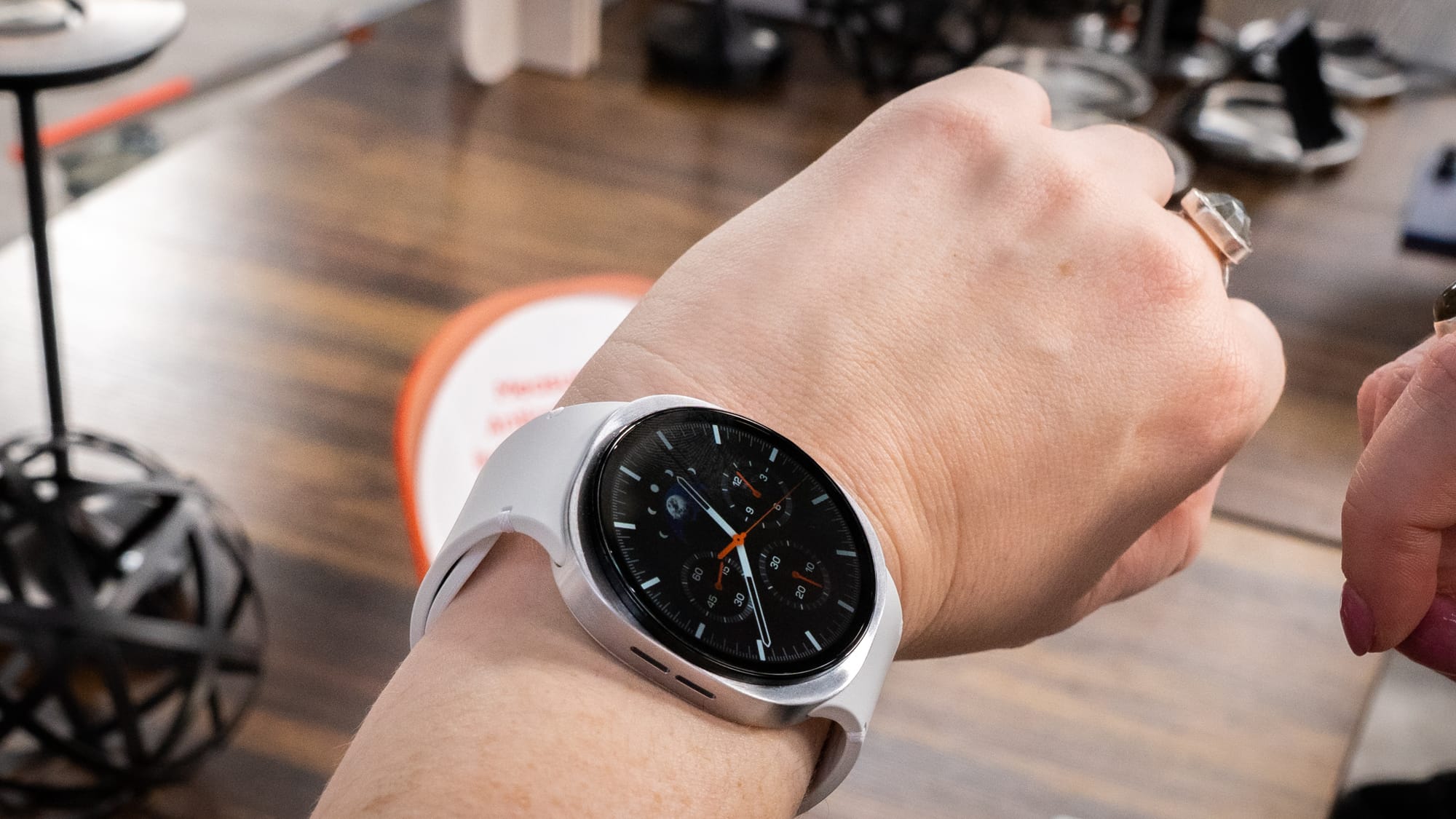And don't forget that Samsung is switching to a semi-proprietary watchband mechanism.


Launched to quieter fanfare, Samsung also introduced the Galaxy Watch 8 and Watch 8 Classic, alongside its Galaxy Z foldable lineup, the Z Flip 7 and the Z Fold 7. The smartwatches boast that they're thinner, lighter, and more comfortable than ever. I didn't get to wear one for more than a minute, so I'll speak to that claim some other time. For now, here's what you need to know.
The Galaxy Watch 8 has an 11% thinner design than its predecessor. The display is 50% brighter than before, with a peak brightness of 3,000nits. It's powered by Samsung's Exynos W1000 processor, featuring 2GB of memory and 32GB of storage, ideal for storing music and photos.
Here are all the sensors Samsung lists for the Galaxy Watch 8 on its spec sheet:

Samsung Health will have a few new tricks up its sleeve. For instance, there is a new running coach and stress measurements. Bedtime Guidance is another new feature that measures your circadian rhythm to help you sleep better, much like the Oura Ring currently guides you to rest at the most optimal time based on aggregated data. I'm curious if this is setting the stage for the next Galaxy Ring.
The Galaxy Watch 8 also introduces something called an Antioxidant Index, which Samsung proclaims is the first to be implemented into a consumer-grade smartwatch. It is exactly what it sounds like: it allows you to measure carotenoid levels on your skin in five seconds, indicating whether your diet and lifestyle are on track. It's not intended for medical use, and I wonder how something like this could be misused in the era of MAHA.
My biggest annoyance with this year's Galaxy Watch is that it's switching to proprietary watch bands. Or rather, it's switching to the Galaxy Watch Ultra's dynamic lug system. Still, it's making my entire library of watch bands, which I've collected over the years, no longer compatible with the wearable.
The Watch 8 ships with Wear OS 6 right out of the box, and it will be one of the first non-Pixel smartwatches to offer Gemini integration. It comes in 40mm and 44mm sizes, starting at $350 for the Bluetooth model and $400 for the LTE model. It will begin shipping along with foldables. I'll be very curious how it stacks up to the Pixel Watch and even the latest OnePlus Watch 3 in 43mm.
If your wrists can handle it, the Galaxy Watch 8 Classic also made its debut. It comes in a 46mm size with a massive battery and up to 64GB of storage. It starts at $500 for the Bluetooth model and $550 for the LTE model.